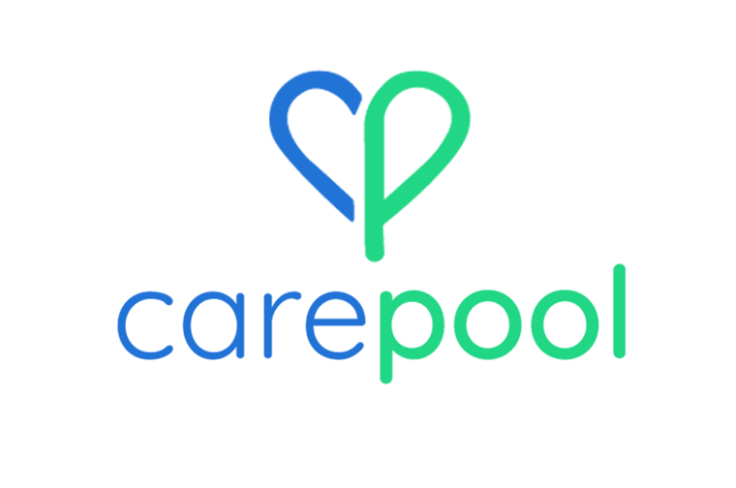
By 2040, America's aging population will double. This group is predicted to reach 55 million and outnumber the youth population. With such a large group of aging adults, the demand for care facilities and senior services is increasing drastically. Considering the constraints of existing infrastructure, seniors are facing more barriers to receiving the care they need to have a high quality of life.
Carepool, a ride-sharing service that aids the insurance companies, state-managed Medicaid and Medicare, is filling the gap when it comes to affordable, safe, and wheelchair accessible transportation to healthcare facilities. Founded in 2018 by Josh Massey, Carepool was born from the need to assist seniors and people with disabilities.
When Massey was living in Chicago away from his rural roots in Wisconsin, his grandmother struggled with transportation to medical centers. Every day, Josh's grandmother would visit her husband in the hospital. Since she lived in a rural area, the 40-minute journey turned into bus rides that took multiple hours out of her day. Josh's other grandmother was driving to the grocery store in her 90s when the keys should have been taken away; there was a terrible accident and she had dementia kick in, robbing their family of many good years to come.
After hearing about this issue and experiencing the new ride-share model and how it changed transportation in Chicago, Josh was determined to disrupt the market with a solution that seniors needed. While Josh was formulating his idea for Carepool, his main goals were to increase certainty, safety, and trust for drivers and riders.
Anyone researching America's transportation infrastructure will soon learn that the model has many "deserts" where services aren't operating. These dead zones are suburban and rural, but areas in large cities may be overlooked due to the geographic limits of a bus or metro system.
According to a 2019 Census report, only 5% of American workers use public transportation to get to work. The overwhelming remainder -- about 84.8% -- commute by car. That may not be surprising, but this lack of quality public transportation becomes truly life-threatening for seniors.
These factors, including their geographic location, intervene with their life expectancy. In a clinical setting, they are called social determinants of health. These nonmedical circumstances affect health outcomes and can include access and quality of healthcare and education, fresh food, economic stability, and transportation.
Without transportation, social determinants of health can be extremely difficult to change. However, the lack of quality transportation is easier to reverse and can have positive impacts on other interwoven factors such as access to healthcare.
As seen with Carepool's business model, ride-sharing services can be tailored to seniors and other high-need groups such as disabled individuals. The company's main function is to give seniors transportation to and from healthcare facilities and overall community integration. This focus on community and medical-related rides makes Carepool's services vital for seniors to receive the care they need to live long and enjoyable lives.
Carepool takes a distinct approach to providing ride-share services to seniors by creating a network of drivers from the local community. Since founder and CEO Massey has a background in recruiting, he vouches that the company has a robust, effective process for selecting and vetting new drivers. Interested drivers must undergo a thorough background check and demonstrate their willingness to care for others. While many have backgrounds in healthcare, others will obtain the necessary training, including CPR and First Aid.
"Carepool's transportation services were made to serve post-procedure, aging, and disabled riders in urban and rural areas," says Massey, "Our service understands their needs and goes above and beyond to provide more value than traditional ride-sharing platforms. Carepool is known for its door-through-door service, meaning that we help you in and out of the car, and get you into the next destination. The journey doesn't just end when the car stops."
Almost 100 million people in America have health coverage through Medicaid and Medicare. Their plans include transportation benefits that medical providers can manage for patients. Carepool tailors its platform to these patients by allowing rides to be requested on-demand or pre-booked for a year of recurring trips. Additionally, they accept rides booked through the Carepool app or via phone for those who may not have access to a smartphone. Much like traditional rideshare services, riders will receive updates via text in real-time. Patients who may not have close family to help them arrange these rides can allow their health system to open a Carepool profile and schedule rides for every medical appointment they have.
The company's services are currently available in six states, and the team hopes to expand to another 12 within the next two years. Josh is excited about the future of Carepool as one of the country's only ride-sharing services customized to the needs of seniors and people with disabilities.







